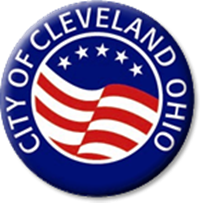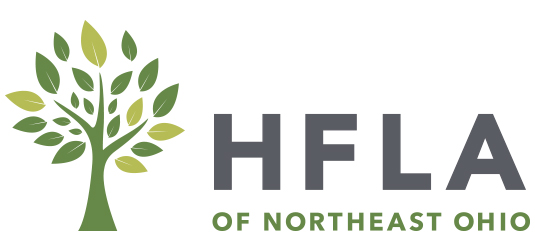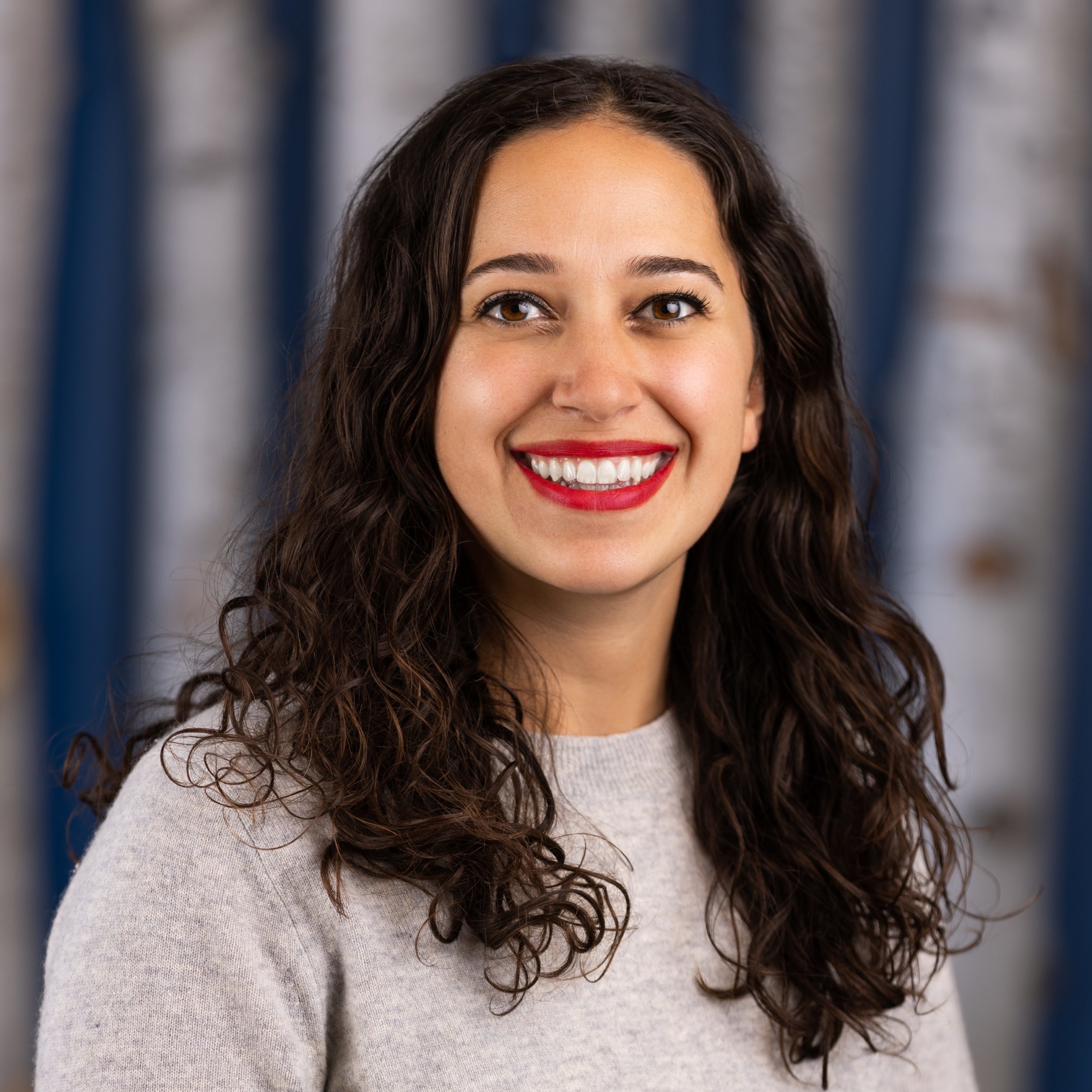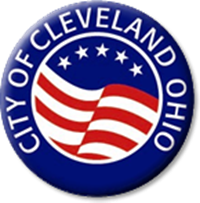Is a Job Enough?
Watch the recording!
Meet our Panelists!
Sheida Elmi of The Aspen Institute – Sheida is the Senior Research Manager at The Aspen Institute Financial Security Program (Aspen FSP). She leads work that elevates people’s lived experiences to inform, shape, or otherwise influence policy, product, and program solutions to improve family financial security and well-being.
Hannah Halbert of Policy Matters Ohio – Hannah is the Executive Director of Policy Matters Ohio. Under her leadership, Policy Matters articulated a clear vision for working people with “A New Way Forward: 10 Ways to Support Ohio’s Working People.” Halbert has documented the growing prevalence of low-wage jobs in Ohio and promoted smart policies to ensure all Ohioans share in the economic growth their work produces.
From HFLA of Northeast Ohio.
Does work provide a pathway to financial security?
While the long answer involves a lot of systems and complexities, the short answer for many Americans is no, it does not. This year, HFLA will take a look at this issue and how it affects the lives of working Americans. Many of our borrowers find themselves in this position–they have regular jobs and receive an income, but are still not able to financially handle emergencies or have to make decisions that leave them in a worse financial situation.
According to the Consumer Financial Protection Bureau, financial security is defined as, “a state of being wherein a person can fully meet current and ongoing financial obligations, can feel secure in their financial future, and is able to make choices that allow them to enjoy life.”
Nearly half of all US workers earn wages too low to cover basic living expenses- having seen stagnating wages since the 70s. Work has become unpredictable–the number of hours worked by hourly employees is inconsistent. Finally, employment itself is precarious.
Most households in America need a combination of at least two of the following to be financially secure:
- Routinely positive cash flow (income that typically exceeds monthly expenses).
- Nearly 45% of all U.S. workers do not have wages that cover their basic needs. Median hourly wages of $10.22 and median annual earnings of $17,950. Wages have stagnated for low- and middle-wage earners for the past 40 years. (AI)
- During the pandemic: Many Ohioans had to turn to stop-gap measures to meet living costs. According to real-time surveys conducted by the Census Bureau between April and June 2021, nearly 25% of Ohioans used credit cards to meet basic costs. (PM)
- Personal financial resources (savings and a financial cushion to cover emergencies).
- Routine positive cash flow is the necessary first step to one’s ability to save.
- 40% of Ohioans have no money saved in case of an emergency and 32% do not have a savings account.
- Public & private benefits (this includes Social Security, Medicare, TANF as well as employer-backed insurance).
- Almost all forms of assistance/benefits saw a significant increase during the pandemic. The survey was given to people already utilizing at least one benefit program during the pandemic, which often included those who had not utilized public benefits previously.
There is only one type of worker in this country that is likely to reach true financial security and that is higher income, full-time employees receiving workplace benefits. Only those earning upwards of $105,000 a year can withstand the monthly swings of income and expenses.
Join HFLA on June 8th to kick off this conversation.
We will start our exploration of these topics with a conversation about the financial position of the American worker. We hope to have further conversations about the ripple effects this situation has on people’s lives and how people are making financial decisions today that will impact their future financial lives.
Join us, June 8, 2022 at 11:30AM on Zoom, with Sheida Elmi of The Aspen Institute and Hannah Halbert of Policy Matters Ohio. Together we will discuss the state of the American worker and how people are coping.
Registration for this free virtual has ended. A recording is available to watch at the top of this page.
News 5 Cleveland: Local non-profit helps people of color overcome financial roadblocks
CLEVELAND — A local non-profit is looking to break down the barriers that keep people of color from accessing capital.
When Angela Sharpley set out to secure the funding she needed to expand her business, she initially found some resistance.
“I was told that there was no help for me out here,” said Angela Sharpley, small business owner.
It was the message she heard from a lender right out of the gate.
“They never got to my credit, so that’s the only thing they had to go off of was who I was,” said Sharpley.
When intentionally placed roadblocks prevent people of color like Sharpley from accessing the cash they need, HFLA of Northeast Ohio steps in to help bridge that divide.
“Our mission is to help people that don’t have access to fair financial tools,” said Michal Marcus with HFLA of Northeast Ohio.
For more than a century, the non-profit has been providing interest-free loans to those who might otherwise go without just because of who they are.
“How race and racism play out with regards to access to capital and investment absolutely needs to be at the forefront,” said Mark Joseph, CWRU professor of community development.
Along with intentional decisions based on appearance, Joseph said there is implicit bias at play.
“We have something in our perception or mindset that would lead us to believe that someone who is African-American, a person of color, is less creditworthy,” said Joseph.
Along with racism, not knowing where to find resources often keeps access to funding out of reach. Joseph said that includes “understanding where you can go for loans, for investment, or capital.”
It’s a similar issue Sharpley said she faced when starting out.
“You don’t have a road map to know where to go,” said Sharpley.
When people do finally find that direction, Sharpley hopes they have an equal chance to get the cash they need to invest in their community.
“I would like for the playing field to be made fair,” said Sharpley.
On Wednesday night, HFLA will tackle these and other topics during a virtual event called “Fostering Economic Equity: Fixing the Racial Imbalance in Consumer Finance.
“More corporations, banks, and larger financial institutions need to step up with fair financial tools,” said Marcus.
The online conversation begins at 5:30 p.m.
It is free and open to anyone in the community.
You can register at Interestfree.org.
Watch the full event and panel discussion, Fostering Economic Equity: Fixing the Racial Imbalance in Consumer Finance, on our website here: www.interestfree.org/events/fostering-economic-equity/
City of Cleveland Awards HFLA $75,000
FOR IMMEDIATE RELEASE
Michal Marcus (HFLA)
Tel: 216-378-9042
Email: michal@interestfree.org
City of Cleveland Awards HFLA $75,000 for a Start-up Working Capital Fund Pilot Program
Cleveland, Ohio (SEPTEMBER 19, 2019) – Cleveland City Council approved $75,000 in funding to partner with the nonprofit Hebrew Free Loan Association (HFLA) for the creation of a joint pilot program, Start-up Working Capital. Working in conjunction with the City of Cleveland’s Neighborhood Retail Assistance Program, this citywide initiative will provide working capital for locally-owned retail establishments, alleviating cash flow issues associated with start-up businesses.
The program will enable HFLA to provide up to $5,000 in the form of interest-free loans for eligible small businesses located or soon to open in the City of Cleveland.
“We are thrilled that the City of Cleveland understands the impact of interest-free loans for small business entrepreneurs. This grant from the City of Cleveland Economic Development department will truly allow us to expand upon our partnership and the number of small businesses we can help with an interest-free loan and we look forward to our continued work together,” says Michal Marcus, Executive Director of HFLA.
can help with an interest-free loan and we look forward to our continued work together,” says Michal Marcus, Executive Director of HFLA.
Kevin Schmotzer, Executive of Small Business Development with the City of Cleveland’s Department of Economic Development says, “this builds upon a partnership between the City of Cleveland and HFLA that will provide additional capital to our entrepreneurs and small businesses to grow in our respective neighborhoods.”
About HFLA of Northeast Ohio
HFLA of Northeast Ohio was founded in 1904 with $501 donated by Charles Ettinger, Morris Black, and their friends to help European refugees settle and begin productive lives in this
country. They believed – as we do now – that if you give someone a chance to succeed, they will pay it back and we can continue this transformative cycle. The same principle guides the
organization today. By providing interest-free loans to individuals, families, and small businesses in the Northeast Ohio area, we are able to help people help themselves. The association has drastically increased its lending capital in the past few years from individual gifts, bequests, endowments, foundation grants, memorials and honorariums and is now operating with a loan fund of over $1 million. HFLA is a 501(c)3 non-profit organization. Learn more about HFLA.
###






